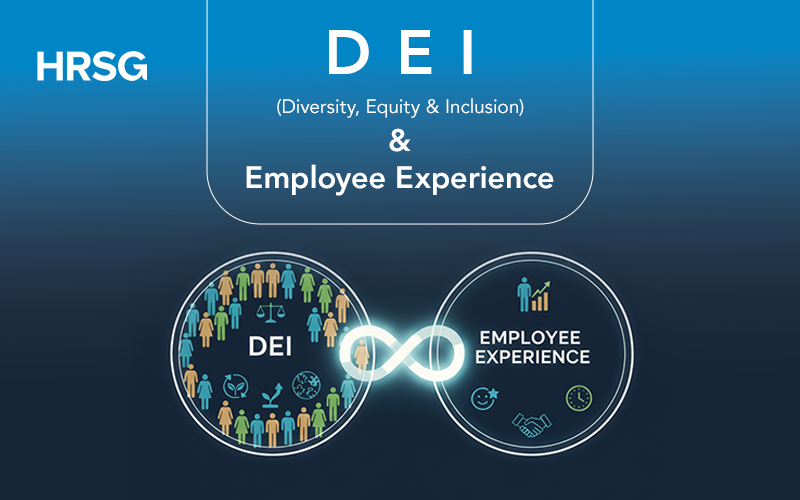The world is moving away from the traditional 9-5 work model, and the pace at which it is happening is increasing by the day. Millions of professionals worldwide are increasingly drawn to hybrid work models, freelancing, and the gig economy because of the autonomy and flexibility they offer — without significantly affecting income levels.
The modern workplace is no longer confined to four walls or a cubicle. Instead, many professionals are looking for hybrid, freelance, or gig-based career opportunities that are characterized by greater productivity, cost-effectiveness, and operational efficiency both for the professionals and employers.
This blog delves into the rise of Hybrid, freelance, and gig economy work models to help you understand what makes them a better option in the current business landscape. So, keep on reading till the end.
- What is the Hybrid Work Model?
- What is Freelance Work?
- What is the Gig Economy?
- Convergence of The Hybrid, Freelance, and Gig Work Models
What is the Hybrid Work Model?
A hybrid work model typically combines traditional in-office employees with remote or freelance professionals. This model is a blend of remote and in-office work, leading to greater flexibility for the employees and cost savings for the organizations.
This model allows businesses to ensure their core workforce takes care of the key tasks onsite, and they also get access to specialized skills on demand without any administrative burden.
Another approach involves splitting employees’ time between remote and on-site work. In this case, employees are either allowed to choose their in-office and remote days or their weeks are split by the management based on workloads.
Estimates suggest that about 70% of business executives expect to use temporary freelance workers in their hybrid operations in the coming years.
Why It Works?
Here is what makes this model stand out.
- This model gives employees the flexibility to divide their workdays between office and home, which enhances employee experience and productivity.
- Businesses can access a greater talent pool in this case, who can handle remote work for them.
- It helps organizations save significantly on office space, utilities, and employee benefits.
- Employees enjoy a better work-life balance in hybrid work models.
Growth Statistics
The real growth of this working model began during COVID. Currently, over 75% of global businesses offer hybrid work to their employees in one form or another, says a report by Gartner.
Another survey showed that more than 71% of professionals prefer organizations that offer a hybrid work setup. That’s why industry giants like Google, Apple, and Microsoft are operating under or transitioning to hybrid work models.
What is Freelance Work?
This is a highly flexible work model where, instead of going for traditional recruitment, professionals work independently for a single client or multiple clients at a time.
Freelancers are self-employed professionals who work with their clients on a project basis and are usually paid once they deliver the project. In this model, professionals choose their own schedules, work location, rates, and working equipment.
In recent years, freelancers have dominated several sectors, including IT services, marketing, accounting, writing, and technical services, to name just a few. Many freelancers rely on platforms like Fiverr, Upwork, and Toptal to connect with potential clients and provide their specialized services.
Why It Works?
Here is what makes freelancing an attractive working model.
- It gives professionals full autonomy and work flexibility.
- Many businesses that use a hybrid working model prefer outsourcing their key tasks to freelancers, which leads to more career opportunities.
- Freelance work can be done alongside traditional jobs, which gives professionals an opportunity to earn more and diversify their income.
- Freelancers are paid directly by clients, typically on a project or milestone basis.
- Freelancers manage every aspect of their work from client hunting to retention and from sales to invoicing themselves. In other words, they are their own bosses.
Growth Statistics
According to some estimates, more than 46% of Gen Z professionals prefer freelance work. The global freelance market is projected to reach a staggering $500 billion by the end of 2027, which goes to show how much growth potential this work model possesses.
What is the Gig Economy?
This is another growing work model that is known for flexible work schedules, low-entry barriers, and autonomy. In this model, professionals or independent contractors provide short-term services to individuals or organizations and are paid per task, project, or gig.
Unlike freelancing, gig economy jobs are short-term and task-based. These jobs are often facilitated by digital platforms. Some popular gig-based platforms are Uber, Lyft, DoorDash, Rover, and Airbnb.
In this model, professionals do not need a lot of investment to start or find work. Most of the gig jobs are mobile app-based, which lowers entry barriers. Many professionals use gig jobs as a backup income stream to minimize financial risks and economic uncertainty.
Why It Works?
Here is what makes this model a success.
- It gives you full control over your working hours.
- It gives people with all skill levels an opportunity to enter the job market.
- Gig economy jobs are project-specific, short-term, and driven by on-demand digital platforms.
- It allows professionals to be paid quickly following the completion of the service or project, which leads to financial stability.
Growth Statistics
The global gig economy is currently valued at over $1.8 trillion. In the USA alone, more than 35% of the workforce is involved in gig work, either part-time or full-time. Another survey by Forbes has shown that more than 52% of Gen Z prefer freelance or gig work over traditional working models.
Conclusion
Hybrid, freelance, and gig work models are rapidly becoming central to economies in both developed and developing nations. Unlike traditional work models, these offer professionals greater autonomy and more career opportunities.
For employers, these work models lead to reduced operational costs and administrative burden. Adaptability and continuous learning are becoming key requisites for businesses and individuals who wish to ensure long-term success at a time when the global workforce is leaning more towards hybrid, gig, and freelance work.
This is the only way to overcome challenges and uncover new opportunities arising from this modern shift in the nature of work.
Visit HRSG today to explore exciting career opportunities and access top-tier HR, recruitment, accounting, and integrated facility management services designed to take your business to the next level.




